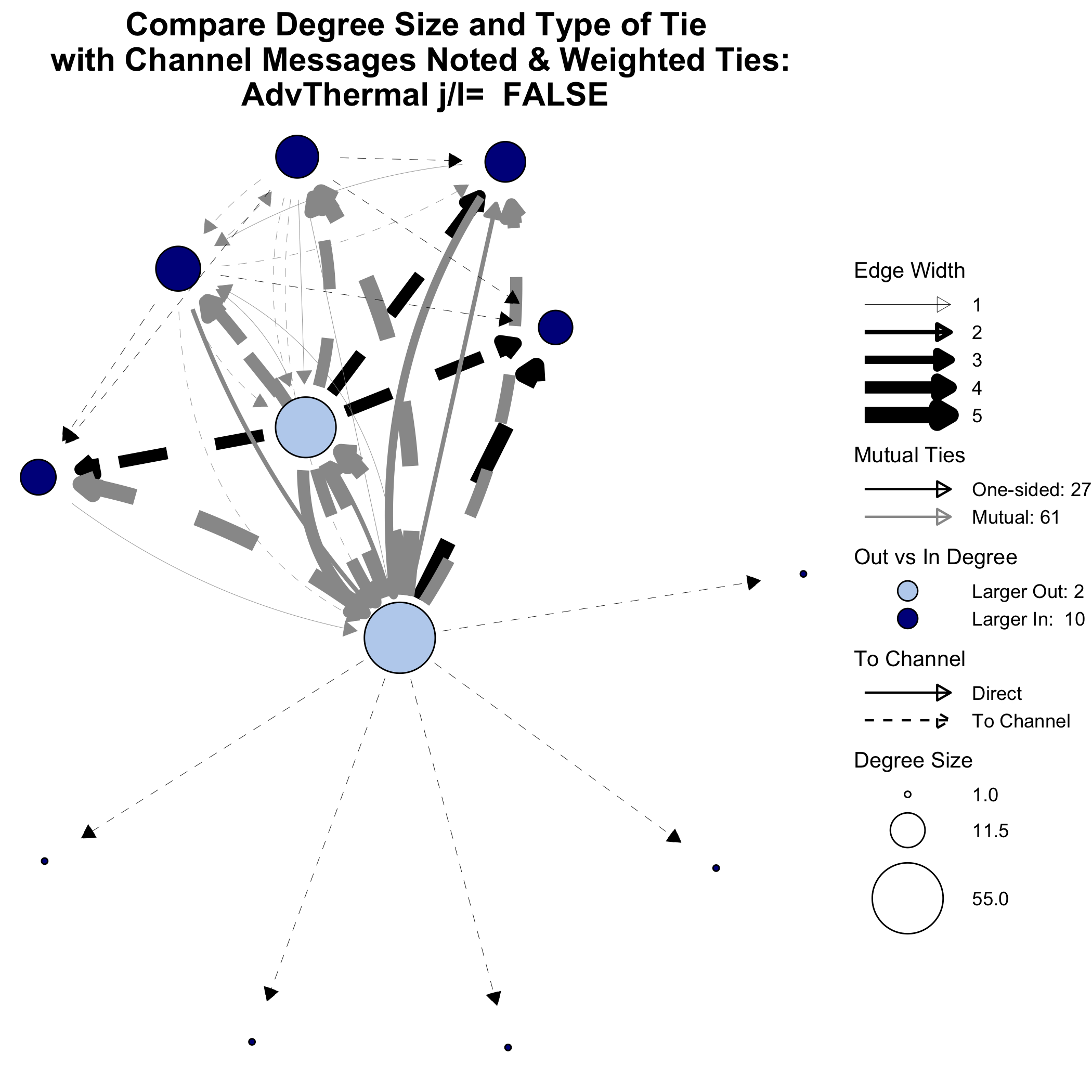Past and Present Research Efforts
Current Projects
Exploring the Impact of Unsupervised Clustering Methods in Systematic Literature Reviews
Folks Involved: E. Bolger, D. Kinsman, A. Kosinski, D. Caballero
About 15 years ago, education researchers conducted a systematic literature review (SLR) on change strategies for improving undergraduate STEM education instruction. Analyzing 191 articles from 1995 to 2008, the researchers identified four broad categories of change strategies through a comprehensive interdisciplinary literature review: (1) disseminating curriculum and pedagogy, (2) developing reflective teachers, (3) enacting policy, and (4) developing a shared vision. With recent developments in STEM education practices, it is imperative to conduct a follow-up SLR comparing the effects of change strategies and associated student success. Similarly, with the influx of scientific articles published in recent decades, it is time consuming to conduct comprehensive SLRs without the assistance of machine learning (ML) analysis techniques. Working with qualitative researchers, we investigate the impact and ability of using ML to assist in the analysis pipeline through implementing Computational Grounded Theory.
Using Resource Theory to Understand How Students Think About Indexing
Folks involved: T. Finzell (lead), D. Silvia, D. Caballero
Students struggle with how to loop through lists in Python, often mixing and matching their strategies between looping by value and looping by index. At the heart of this issue is the concept of indexing, which can be a challenging abstraction for students. My work uses Resource Theory, a cognitive framework based on DiSessa’s Knowledge in Pieces, to identify concepts and procedures that students activate when solving problems involving indexing.
Students’ Approach to Problem-Solving Computational Tasks with Functions
Folks involved: R. Frisbie (lead), K. Sachithanand, E. Tobias, D. Caballero, D. Silvia
Students with a variety of prior knowledge and experience with respect to computation engage in our interdisciplinary introductory computation courses. We strive to create a curriculum that brings together students’ disciplines and experiences with computer science concepts, data analysis, and computational modeling. This project encompasses two different research avenues. (1) Qualitative interviews with students centered on computational tasks involving functions and (2) Exploration of the impact of research findings integrated into introductory curricula. The data generated consist of student interviews where they describe their thought processes aloud while engaging in tasks presented in a Jupyter notebook. In particular, I compare the characteristics of the pathways that students take to arrive at a solution to a particular task.
Self-efficacy in interdisciplinary computing
Folks involved: P. Hamerski (lead), P. Tourangeau, D. Silvia, D. Caballero
This project focuses on characterizing self-efficacy for interdisciplinary computing, from the perspectives of students in an introductory CMSE course. We have carried out data generation by conducting semi-structured research interviews. We are working on data analysis, which entails theory-driven and data-driven coding for self-efficacy, developing a codebook, and shaping findings around how students described their course experiences and how those descriptions align with self-efficacy.
Characterizing Community Interactions Among Faculty Using Network Analysis
Folks involved: E. Bolger, M. Nwobi, D. Caballero

Using Social Network Analysis (SNA), we analyze the interactions of physics instructors over Slack involved with the Partnership for Integration of Computation into Undergraduate Physics (PICUP) – a faculty learning community. We analyze these relationships with traditional SNA metrics, such as reciprocity. However, to statistically quantify the values of these metrics in our networks, we need to create our own sample by generating random networks similar to the original. In this project, we compare the degree distributions of the random networks from various generation techniques. The choice of random generation method will allow us to make statistical claims about the nature of the interactions between the physics instructors and provide insight on how the virtual environment supports faculty in integrating computing into their classrooms.
